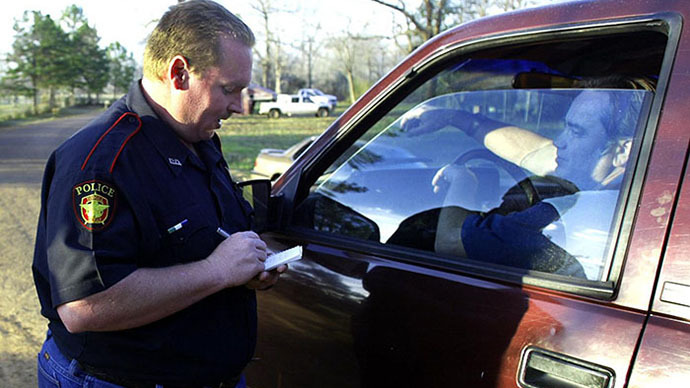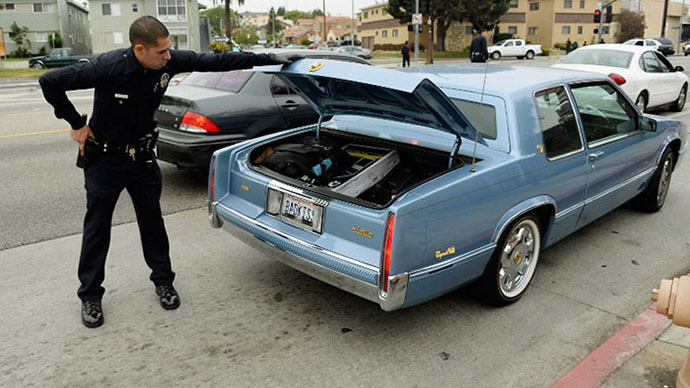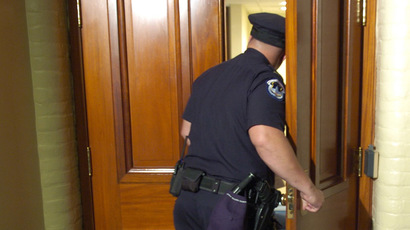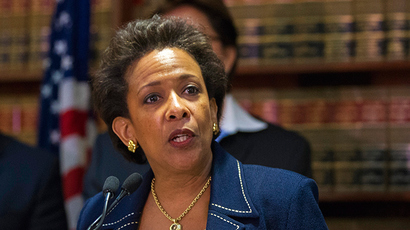Pennsylvania to allow police to search cars without a warrant

The Pennsylvania Supreme Court ruled recently that police are allowed to search vehicles without a warrant. Meanwhile, the state General Assembly is advancing a bill to grant police authority to arrest those with “secret compartments” in their vehicles.
In a 4 to 2 decision weeks ago, the state Supreme Court decided that police could conduct searches of vehicles based solely on probable cause, or an officer’s reasonable belief that the vehicle contained illegal goods or evidence of a crime. The new standard puts the state in line with the federal law, which allows warrantless searches of vehicles.
Officers in the Keystone State were previously required to obtain a warrant prior to searching a vehicle unless the car’s owner gave consent for the search.
Writing for the majority in the ruling, Justice Seamus McCaffery said the probable-cause requirement for a search is “a strong and sufficient safeguard against illegal searches,” and will ensure that Pennsylvania officers adhere to a "uniform standard for a warrantless search of a motor vehicle, applicable in federal and state court, to avoid unnecessary confusion, conflict and inconsistency in this often-litigated area."
Justice Debra McCloskey Todd, in a dissenting opinion, said the court was “eviscerating” longtime privacy protections by embracing the “diluted federal automobile exemption.”
The majority decision "heedlessly contravenes over 225 years of unyielding protection against unreasonable search and seizure which our people have enjoyed as their birthright,” Justice Todd added.
Civil liberties groups agreed. Dropping the demand for a search warrant is a major boost to police authority, said Reggie Shuford, executive director of the Pennsylvania ACLU.
“I think getting a warrant is significant because it is one more deterrent against bad police behavior,” Shuford told the PA Independent. “There was really no reason for the court to overturn the law. We have a long history of strong protections for individual rights in Pennsylvania.”

While some US states have constitutional language demanding a search warrant before officers investigate a vehicle, Pennsylvania’s constitution does not. McCaffery said this has caused confusion and contradictory rulings from various state courts that have ruled on the issue.
“To provide greater uniformity in the assessment of individual cases and more consistency with regard to the admissibility of the fruits of vehicular searches based on probable cause, a more easily applied rule — such as that of the federal automobile exception — is called for,” he wrote in his opinion.
The state General Assembly is also poised to hand more authority to state law enforcement.
The PA Independent pointed out that the same day the state Supreme Court ruled in favor of warrantless car searches, the state’s House Judiciary Committee advanced legislation that would make it a crime for a vehicle to have “secret compartments.” The law would make such compartments a first-degree misdemeanor – and the vehicle would be seized by police – even if the compartment was empty.
Law enforcement would have to prove a compartment exists with the intent for criminal use before a vehicle could be seized. A “secret compartment” conviction could yield five years in prison and a $10,000 fine.
The bill’s sponsor, State Rep. Kate Harper, said law enforcement asked her to introduce the bill, the PA Independent reported, to crack down on smuggling between New York and Florida. The route is a major path for moving illicit goods like guns and drugs, and even human beings could be stashed in the compartments, Harper said.
“The objective is to get those cars and trucks off the road, so if you’re using the same truck to drive back and forth between Florida and New York and we catch you doing it, then we can it off the road,” Harper said, adding that the bill is intended to target criminals.
The bill has not seen action in the General Assembly since late April, but should it become law, Pennsylvania would join a small number of states that have made the secret compartments illegal.














